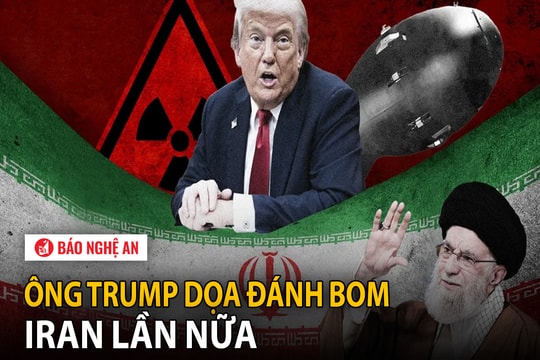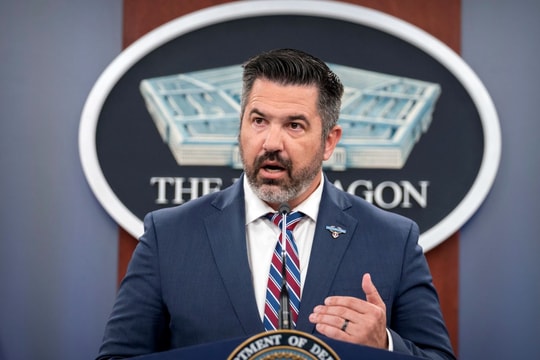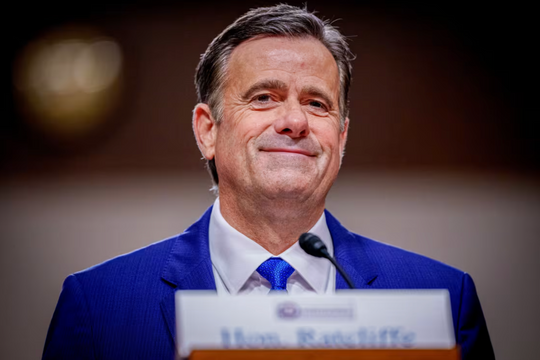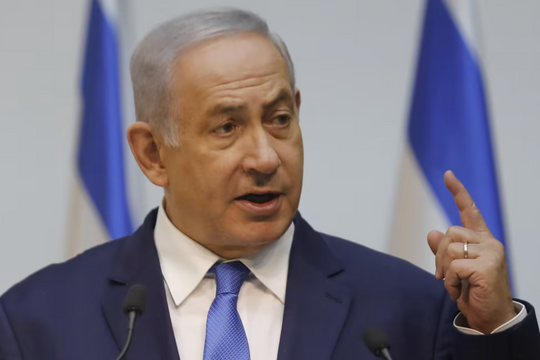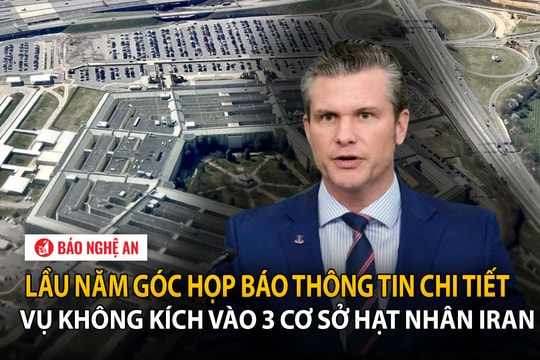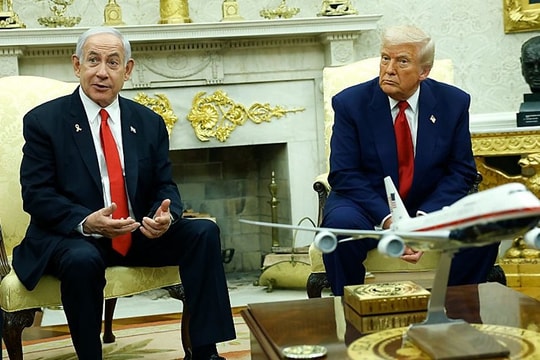North Korea: What will be the fate of more than 10,000 nuclear scientists?
In addition to dismantling nuclear facilities and arsenals, deciding the fate of thousands of North Korean nuclear scientists in the denuclearization process may be discussed at the upcoming US-North Korea summit.
 |
| North Korean scientists work at the nuclear facility in Yongbyun, North Pyongan province (Photo: YTN) |
North Korea has pledged to move toward complete denuclearization after announcing it would destroy its nuclear test site in front of international media invited by Pyongyang.
Although North Korea's unexpected move has raised hopes for peace in Northeast Asia, many still believe that this peace goal may take longer than expected because of the fate of North Korean nuclear scientists.
Considered the “brains” behind the North Korean regime’s nuclear program, the future of nuclear scientists is considered an important issue as Pyongyang prepares to hold a summit with the US and meetings with leaders of relevant countries.
10,000 scientists?
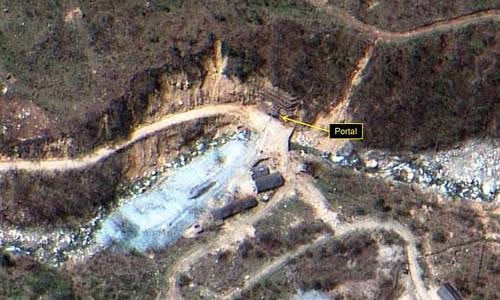 |
| A tunnel portal at the Punggye-ri nuclear test site in 2016. Photo: Digital Globe. |
Experts in South Korea and several other countries believe that the process of “brain drain” in the North Korean nuclear program may involve 10,000 scientists, including 200 key leaders, 2,000 experts and 6,000 technicians. This process is believed to take place simultaneously with the dismantling of the Punggye-ri nuclear test site, where all six of North Korea’s nuclear tests took place, from May 23-25.
According to North Korea experts, the question now is whether leader Kim Jong-un, who views nuclear scientists as “North Korea’s last card”, will agree to disband this force.
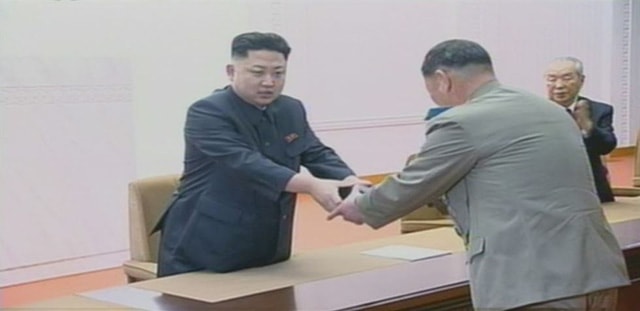 |
| Leader Kim Jong-un presents a watch with the name of late leader Kim Jong-il printed on it to a nuclear scientist in 2013 in recognition of the scientist's contribution to protecting North Korea's national security (Photo: Korea Times) |
When US Secretary of State Mike Pompeo visited North Korea in May and met with leader Kim Jong-un to discuss preparations for a bilateral summit, Washington asked Pyongyang to send its nuclear scientists abroad and erase data related to its nuclear weapons program, in an effort to ensure that North Korea would denuclearize as effectively as possible.
With its stance of wanting North Korea to denuclearize “completely, permanently and verifiably,” the Trump administration is concerned that as long as North Korean nuclear scientists are not sent abroad, Pyongyang can restart its nuclear program at any time.
Meanwhile, the South Korean presidential office recently announced that North Korea must disarm all nuclear weapons or transfer nuclear waste to a third country. Seoul and Washington want Pyongyang to eliminate nuclear waste, considering this as part of the denuclearization process.
Analysts say North Korea could use its nuclear disarmament efforts to attract foreign investment to develop its economy. If foreign capital flows into North Korea fall short of expectations and nuclear scientists remain in the country, analysts fear Pyongyang could return to the path of developing nuclear weapons.
“At the US-North Korea summit, the main issue will likely be the export of nuclear weapons, intercontinental ballistic missiles, uranium and other chemical materials used to make nuclear weapons,” said Chung Sung-jang, a senior researcher at the Sejong Institute in South Korea.
“Dealing with North Korean scientists can be brought up later. I think the two countries will handle this issue more carefully and slowly,” Chung added.
However, Mr. Chung did not appreciate the role of nuclear scientists in the case of North Korea.
“If North Korea really dismantles its nuclear facilities and transfers nuclear warheads and intercontinental ballistic missiles abroad, Pyongyang will not be able to restart its nuclear program even if its nuclear scientists are in the country,” a South Korean expert said.
History repeats itself?
 |
| Pakistani scientist Abdul Qadeer Khan was accused of selling nuclear technology to a series of countries, including North Korea (Photo: Reuters) |
History shows that control of nuclear technology also comes with the need to ensure that nuclear scientists do not use their intelligence to build weapons of mass destruction again.
The Nunn-Lugar Act, a cooperative program aimed at reducing the nuclear threat based on the Soviet Nuclear Threat Reduction Act of 1991, found new jobs for 58,000 weapons scientists and created 580 new high-tech jobs for Soviet nuclear scientists.
“North Korean nuclear scientists often live in isolated areas like Yongbyon. We need to retrain them and help them find jobs in other fields by studying the Nunn-Lugar Act,” said Lee Chun-geun, an expert at the Science and Technology Policy Institute.
The case of nuclear physicist Abdul Qadeer Khan, considered the “father” of Pakistan’s nuclear bomb, shows that the failure to control nuclear scientists can lead to the proliferation of nuclear weapons globally.
During the 1980s and 1990s, Khan is believed to have helped North Korea, Iran, and Libya produce nuclear weapons by transferring blueprints and machinery for nuclear development technology, including uranium enrichment. In 2001, Khan even wrote to Syrian President Bashar al-Assad to inform him that he could help the Damascus regime build a nuclear bomb. The Pakistani government accused Khan of playing a role in spreading nuclear weapons technology and placed him under house arrest from 2004 to 2009.
Previously, the US had secretly received more than 1,600 rocket scientists, engineers and technicians from post-Nazi Germany between 1945 and 1959. These immigrant scientists later became the force behind the US space science program in the race with the Soviet Union.

